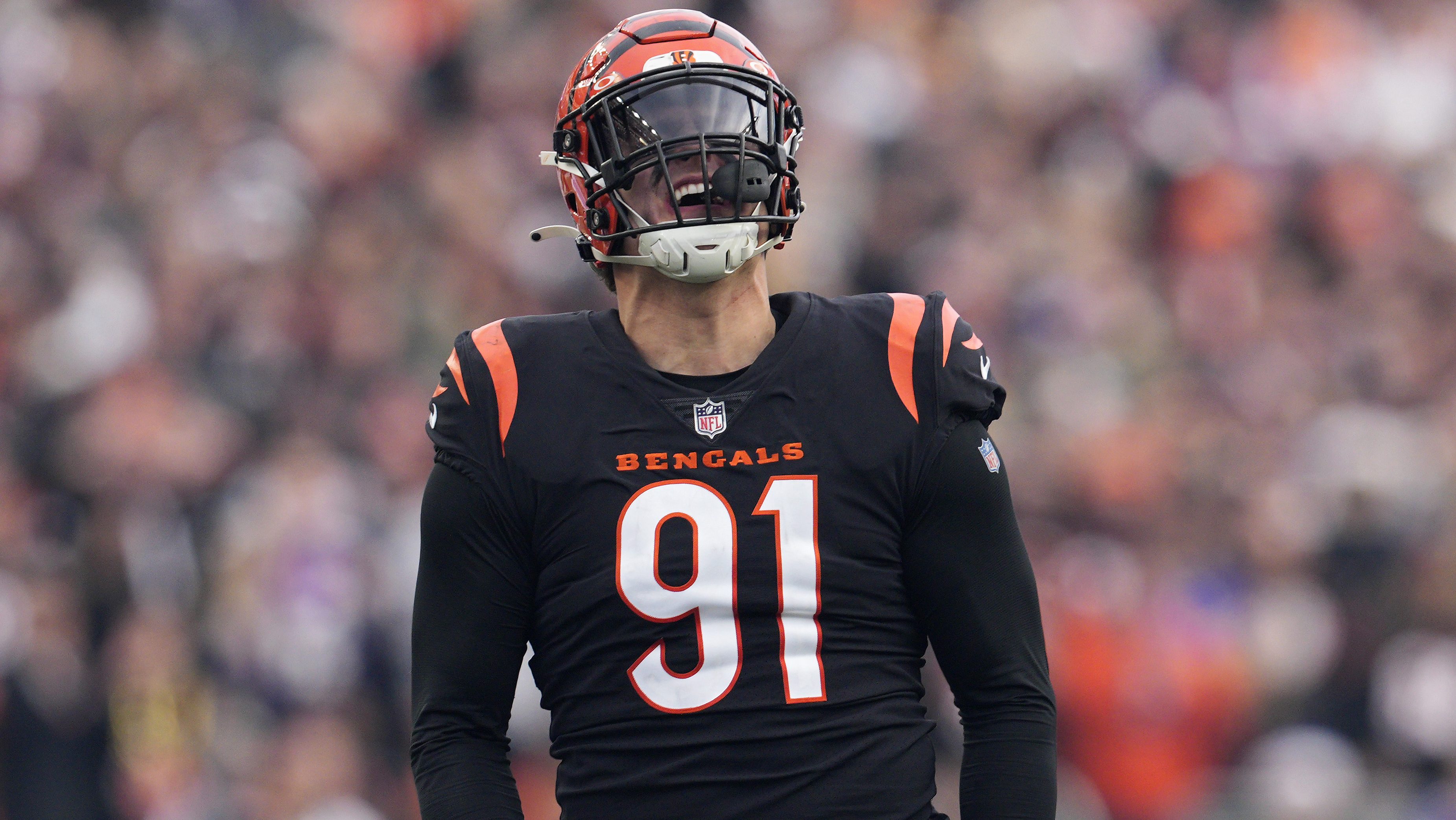
At this point, the positive vibes emanating from Madison Square Garden over Sean Avery's return to the New York Rangers are unavoidable.
There are national news stories lauding his recommitment to hockey. He has more goals (4) in seven games as a Ranger than he had in 23 games (3) with the Dallas Stars. The Rangers are 5-2 since his return, and the post-therapy lobotomization of his id has seemingly created a Sean Avery the (Sloppy) 2nd -- a player who can agitate on the ice while being a better citizen off of it.
Now, this could all unravel with one more trip to Principal Bettman's office for detention, but there hasn't been any indication that Avery's still that sort of time bomb. If anything, he's proven people like Larry Brooks of the NY Post correct in that he was the swift kick in the rear this Rangers team needed for three quarters of the season. He's made a difference to the point where New York still has a chance at home ice in the first round of the postseason. (Thanks in no small part to John Tortorella as well.)
But one question lingers behind all of this instant gratification for Avery and the Rangers: Why the hell didn't any of this happen when Sean did Dallas?
Mike Heika of the Dallas Morning News tackles that issue today in a remarkable post that ranges from the blame game to the irony of the NHL marketing a player it suspended for, basically, marketing himself.
The most obvious question is one only Avery can answer: Did something transformative happen during his anger management sessions, or during the shock and awe of his suspension? It's something he's only hinted at upon his return to the Rangers. If he's a changed man, then maybe there was never hope in Dallas with the "old" Sean Avery.
Sports Connection
Connecting you to your favorite North Texas sports teams as well as sports news around the globe.
Heika, writing on Dallas Stars Blog, addresses that issue and several others in attempting to discern why Avery works on Broadway but not in Big D:
Is it because he tries harder there, that he fits in better there, that he learned his lesson in Dallas and is a new man now? Or is it simply (as so many Rangers fans will tell you) that they know how to handle him and the Stars did not?
And if it is the latter, why did the Stars not know how to handle him? Is it because the two organizations are philosophically different? Do the Stars preach team over everything, while the Rangers allow for individuality? Is it good that each team has its own identity, and are you happy the Stars run their organization the way they do? And if you do feel that way, should we as fans cut players like Mike Modano some slack for being able to be able to fall in line more often than not, to put the organization ahead of himself for a great deal of his career?
Can the Avery debate reach that far? If you don't feel the structured system is best, can you ask why the Stars weren't able to adapt to Avery? He obviously has talent. He can skate, he can agitate, he can score goals. When you watch him now and see what his high-end potential is, do you cut Brett Hull a little more slack for liking what he saw? Could Avery have been the final piece if the team was healthy or was it simply the wrong player at the wrong time?
Heika still sees it as "wrong player at the wrong time," which may be correct. Avery was an ill-fit; a redundant player based on what was already on the Stars' roster. He was also an odd fit for a team that had just come off a successful playoff run and seemed to thrive on that chemistry.
It's a great read from Heika, even if it asks more than it answers. One more point that's worth conveying, regarding Avery, the NHL and marketing:
Does Avery's success on Broadway and the current use of him as a marketing tool (by the NHL, NBC and Versus) strike just a bit of an ironic chord in this sport? I honestly believe Avery was trying to prove he was a brilliant marketer when he uttered those offensive words in Calgary back in December. He wanted to show the NHL that he knew how to bring in a crowd. And you know what, he was right. His technique was wrong, but his vision was right.
Avery's marketing instincts have always been keen when it comes to the notion of marketing heroes, villains and personalities that's been completely lost on the NHL for decades.

But it's not ironic or hypocrisy for the NHL to market Avery now with the Rangers -- it's predictable.
The NHL always wants to control the message, control the image, control the persona. Avery wanted to create his own character, and that didn't sit well with the suits. So when he did something that, even in hindsight, strikes any rational person as incredibly benign, the NHL slapped him down and shipped him off for a personality adjustment.
Now that the League is comfortable that there's been some reform, that there is some restraint, it will embrace Avery as a dulled but still compelling personality. Until, and unless, he becomes Sean Avery again.



